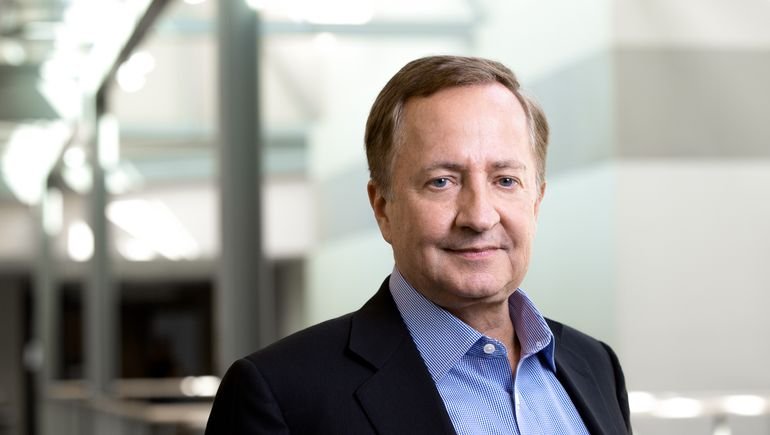Does BioMarin’s CEO shuffle signal bigger changes ahead?

After 18 years at the helm of BioMarin Pharmaceutical, Jean-Jacques Bienaimé is retiring, the rare disease biotech announced last week.
In a press release, BioMarin described Bienaimé’s tenure as a time of expansion, noting that when he came onboard in 2005, the company had just one marketed product and $26 million in annual revenue. Since then, BioMarin’s portfolio has grown to seven products including Roctavian, the first approved gene therapy for hemophilia A. In addition to growing its ranks from 300 to 3,000 employees under Bienaimé’s leadership, BioMarin is set to pull in $2 billion in revenue this year, the company said.
As part of a “multi-year succession planning process,” BioMarin is handing the reins to Alexander Hardy, who’s jumping ship from the CEO role at Genentech to take the top spot at BioMarin on Dec. 1.
Why it matters
Although BioMarin has notched notable wins in the last few years, its launch of Roctavian, which won EU approval in August 2022 and an FDA nod in June, hasn’t hit the heights the company expected. In April, BioMarin predicted the therapy would rake in $50 to $150 million, but payer challenges have dogged its uptake. Eight months after gaining approval in Europe, Roctavian had yet to be taken by a single patient. And in the U.S., payer negotiations for the $2.9 million dollar therapy have also slowed its launch. Ultimately, Roctavian made under $1 million in the third quarter and BioMarin now estimates that it’ll make less than $10 million this year.
In its statement announcing the leadership change, BioMarin noted that Hardy has 30 years of experience in global healthcare and that as CEO of Genentech, he “demonstrated the ability to deliver growth during a particularly challenging period.”

Alexander Hardy, incoming CEO of BioMarin Pharmaceutical
Permission granted by BioMarin
Earlier this week, Reuters also reported that activist fund Elliot Investment Management has built a $1 billion stake in BioMarin, which is valued at about $16 billion. Undisclosed sources told Reuters that Elliot, which has a reputation for triggering shakeups inside life sciences companies, has been in talks with BioMarin “about its future.”
Some analysts have speculated that BioMarin could become a takeover target, Reuters reported.
Despite lower-than-expected sales for Roctavian, BioMarin has posted strong overall results this year including 15% year-over-year Q3 revenue growth.
The company’s pipeline includes several candidates in preclinical to clinical development including BMN 255, which is in trials for hyperoxaluria in chronic liver disease.
Read more: Last year, BioMarin’s president of worldwide research and development, Hank Fuchs, spoke to PharmaVoice about its strategies for weathering tough market conditions.
Source link
#BioMarins #CEO #shuffle #signal #bigger #ahead